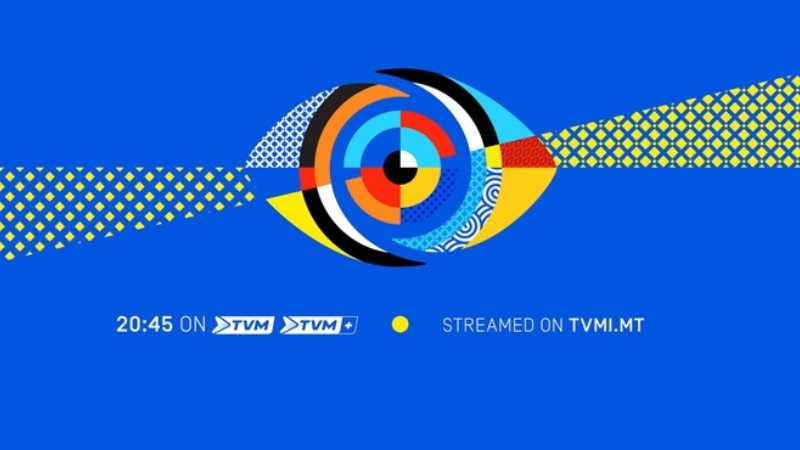A new €1 million government subsidy for local reality TV programmes, particularly those aired on the public broadcaster (PBS), has raised further concerns about the viability of public broadcasting and created an uneven market that compromises the quality of local TV programming, industry insiders told The Shift.
According to the Malta Entertainment Industry and Arts Association (MEIA), recent revelations by The Shift uncovering the details of these subsidies call into question their distribution, the scope of the grants, and how commercial reality TV programmes receiving substantial direct funding passed a so-called ‘cultural test’ supposedly conducted by Film Commissioner Johann Grech to qualify for state aid.
The Shift reported that last year, several locally produced reality TV shows, such as Love Island, Liquorish, and XFactor, received almost €1 million in taxpayer grants. These funds were disbursed through the Malta Film Tax Incentives scheme, which primarily aims to attract foreign film productions to Malta.
Greatt Company Ltd, owned by former PN officials Anton Attard and Mark Grech, received the largest chunk of the new subsidies. Additionally, other producers such as Ben Camille, known for Love Island, and Andrea Cassar of Liquorish on Labour’s ONE TV, also received funding.
This development was made possible by new rules introduced by Film Commissioner Johann Grech, who has faced criticism for mismanagement of public funds. A spokesman for MEIA said that although reality shows should be considered for cash rebates there needs to be a level playing field and allocations must be balanced to support a range of different content programming.
Currently, the quality of local TV is perceived to be significantly lower than that of foreign stations. “We believe that the critical question should not only be whether local productions qualify but rather how the cultural test criteria are applied and whether these productions contribute meaningfully to Malta’s audiovisual and cultural landscape,” the spokesperson stated.
“There should also be consideration for capping the number of reality TV productions benefiting from the rebate to prevent an oversaturation of such shows. By incentivizing these productions, the current system has led to a growing dominance of reality TV content, which impacts the diversity of programming.”
Industry sources told The Shift that local producers are shifting their focus to reality TV to secure a portion of these grants. PBS, which is expected to base its programming on public service and receives around €6 million annually to produce quality content, is increasingly turning to established foreign TV formats like Big Brother to attract more advertising revenue.
According to national broadcasting policy, PBS should not use Public Service Obligation (PSO) funds for commercial programmes. However, the situation at PBS raises questions about whether reality TV shows are receiving such funds, which, if true, could constitute double funding—a practice prohibited by EU state aid rules.
PBS and Minister Owen Bonnici, who oversees broadcasting, have consistently declined to clarify how PSO funds are allocated and to which programmes, contributing to a lack of transparency and potential for misuse.
Meanwhile, many producers report that proposals for TV programmes focused on cultural, informative, educational, and historical themes are often dismissed by PBS officials and receive limited funding, rendering their production nearly unviable.














The introduction of a €1 million government subsidy for local reality TV programmes has raised serious concerns about the future of public broadcasting in Malta. While these subsidies are intended to support local production, they risk distorting the market by prioritizing reality TV shows over more diverse content that could better serve Malta’s cultural and educational needs. The lack of transparency in how funds are distributed, coupled with a growing reliance on commercial reality formats, calls into question the sustainability of public broadcasting and the fairness of state aid. It’s crucial to reassess the allocation criteria and ensure that taxpayer money is used in a way that promotes quality, variety, and long-term cultural benefits, rather than simply fueling the dominance of reality TV.